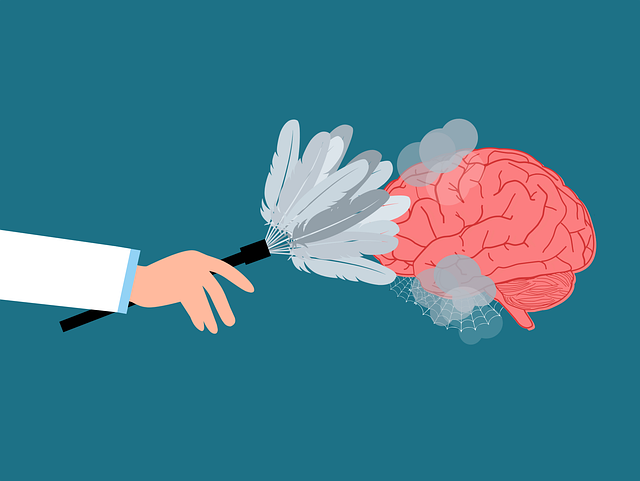In diverse Colorado Springs, cultural competency training for healthcare providers is vital for effective patient care and community trust in codependency therapy settings. Tailored programs focus on empathy, humility, open dialogue, and stress management to improve patient outcomes and provider well-being. Data-driven evaluation measures success, ensuring continuous improvement and a more inclusive healthcare system tailored to local needs.
In Colorado Springs, cultural competency training is transforming healthcare delivery. This article explores why such training is vital, focusing on improving patient outcomes and fostering inclusive care in our diverse community. We delve into best practices for designing effective programs, from identifying cultural needs to engaging interactive methods. Additionally, we present strategies for implementing and measuring success, emphasizing continuous improvement for enhanced healthcare services, especially relevant in the context of Colorado Springs codependency therapy.
- Understanding Cultural Competency in Healthcare: Why It Matters in Colorado Springs
- Designing Effective Training Programs for Healthcare Providers
- Implementing and Measuring Success: Strategies for Continuous Improvement
Understanding Cultural Competency in Healthcare: Why It Matters in Colorado Springs

In Colorado Springs, understanding cultural competency in healthcare is more than just a buzzword—it’s a necessity for effective patient care and community well-being. The city’s diverse population, reflecting various ethnic backgrounds, religions, and cultural practices, demands that healthcare providers are equipped to offer sensitive, inclusive services. Cultural competency involves recognizing and appreciating these differences, understanding their impact on health beliefs and behaviors, and incorporating this knowledge into clinical practice.
By prioritizing healthcare provider cultural competency training, Colorado Springs can foster a more welcoming environment for patients from all walks of life. This is particularly crucial in preventing burnout among healthcare workers—a significant issue given the demanding nature of the profession. Effective training can also lead to improved patient outcomes, increased satisfaction rates, and stronger community trust. Moreover, public awareness campaigns can play a vital role in promoting cultural understanding, addressing misconceptions, and encouraging open dialogue—all essential components for a robust and compassionate healthcare system in Colorado Springs.
Designing Effective Training Programs for Healthcare Providers

Effective healthcare provider cultural competency training programs are meticulously designed to address the unique challenges faced by medical professionals in diverse patient populations. These programs must go beyond surface-level awareness and aim to cultivate genuine empathy, humility, and adaptive communication skills. Incorporating interactive scenarios, role-playing, and real-life case studies from Colorado Springs codependency therapy settings can make training more engaging and relevant.
The curriculum should prioritize practical knowledge, including stress management workshops designed to combat burnout, as well as evidence-based communication strategies for building trust and rapport with patients from various cultural backgrounds. By fostering an environment that encourages open dialogue, active listening, and cultural sensitivity, healthcare providers can enhance patient outcomes, improve satisfaction rates, and contribute to a more inclusive healthcare system.
Implementing and Measuring Success: Strategies for Continuous Improvement

Implementing and Measuring Success is a crucial aspect of Healthcare Provider Cultural Competency Training. To ensure ongoing improvement, institutions should adopt a data-driven approach. Regularly collect feedback from participants using tools like post-training evaluations to gauge knowledge retention and skill application. Additionally, tracking real-world outcomes, such as improved patient satisfaction scores or reduced disparities in healthcare delivery, provides tangible evidence of training effectiveness.
Effective strategies for continuous improvement include incorporating Empathy Building Strategies into the curriculum, promoting Self-Care Practices among trainers and participants, and fostering a culture of Mental Health Policy Analysis and Advocacy. These initiatives not only enhance cultural competency but also contribute to the overall well-being of healthcare providers, enabling them to deliver more compassionate and effective care in diverse settings, including Colorado Springs Codependency Therapy programs.
Cultural competency training is a game-changer in healthcare, especially in diverse communities like Colorado Springs. By implementing effective programs that educate providers on navigating different cultural landscapes, we can improve patient outcomes and foster better health equity. The strategies outlined here, from designing comprehensive curricula to measuring success through feedback, ensure that healthcare providers in Colorado Springs are equipped to offer compassionate, culturally sensitive care. This approach not only benefits individual patients but also strengthens the overall public health system.










